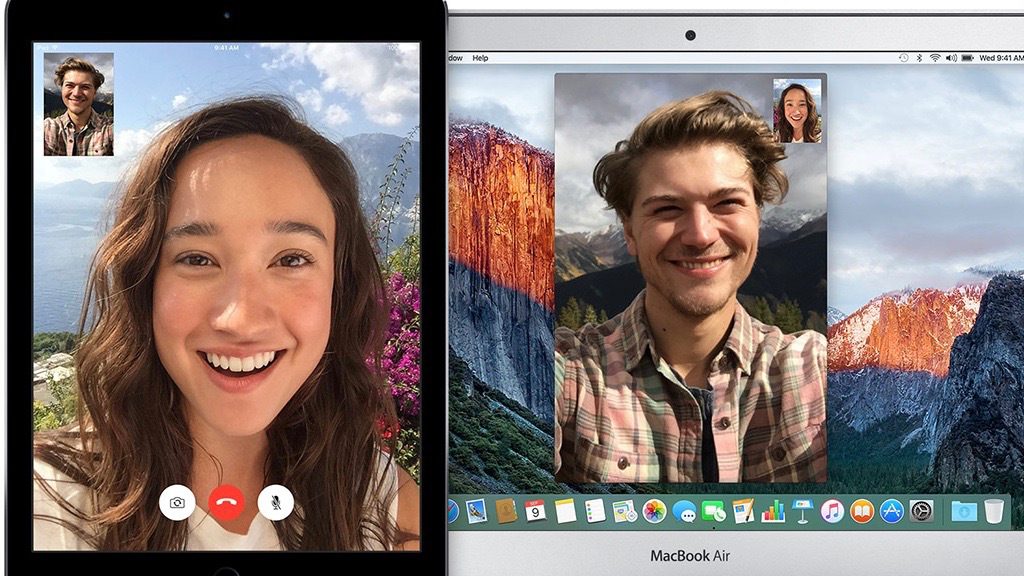 3888
3888
 2018-05-04
2018-05-04
Due to local regulatory rules, FaceTime is blocked on iPhone and iPad devices sold in UAE countries including Abu Dhabi and Dubai. This has been the case for many years. Obviously, the appeal of Apple’s ecosystem is stunted when features like FaceTime are unavailable.
There are promising signs that, soon, the ban will be lifted. Apple is in active negotiations with the United Arab Emirates federal government to permit the use of internet video-chat services on its devices, enabling FaceTime to be unlocked for Apple customers.

The telecoms laws in the UAE are incredibly restrictive and tacitly support a monopoly on communications services. The people of the UAE are currently forced to use terrestrial video chat services from local incumbent companies, which are not free to use unlike FaceTime.
iOS devices sold in the UAE have FaceTime disabled, but iPhones sold in other countries and brought to the region are not affected by the same ban. It is also sometimes possible to change region settings and use VPNs to tactically evade the regulatory laws.
Unlocking more ecosystem features naturally helps Apple delight its customers and make its products more appealing in the regions. Whilst nothing is confirmed for now, this is the most encouraging news yet for UAE Apple users frustrated at their inability to use FaceTime.
Apple representatives are said to be negotiating alongside employees from Microsoft with the UAE Telecommunications Regulatory Authority. Microsoft’s Skype video-chat is blocked in a similar manner to FaceTime.
Source: 9to5mac